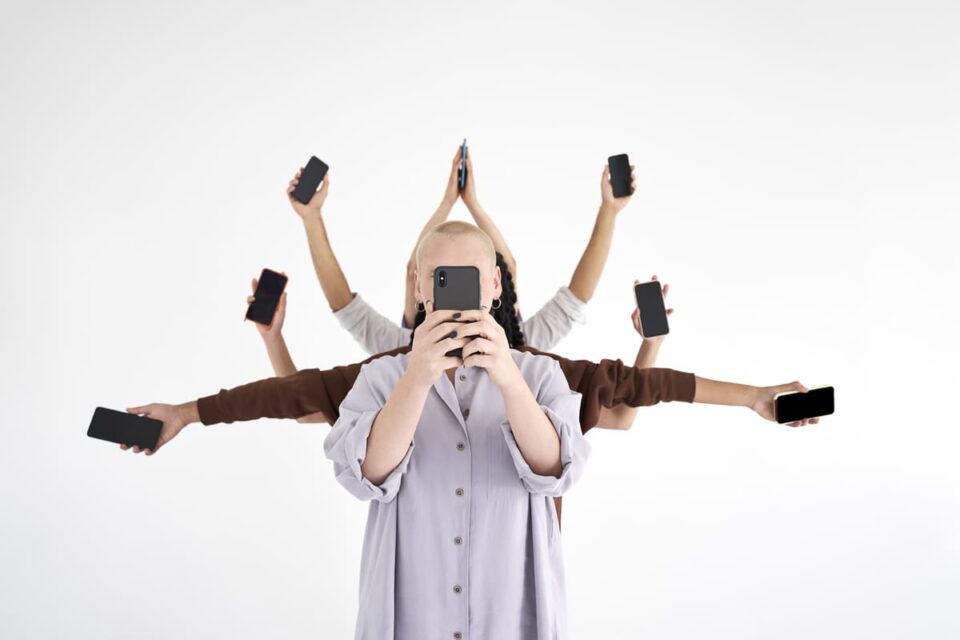Look around your local coffee shop. One word: Silence. Not the peaceful kind. The kind that screams disconnection. Twenty faces bathed in blue light. Twenty minds lost in digital streams—twenty hearts growing number by the second.
In 2010, the average Indian teenager could identify 27 distinct emotional expressions in face-to-face conversations. Today? Just 12. They can decode 48 emojis but can’t read their best friend’s real tears—a cruel irony that would be funny if it weren’t so devastating.
Our brains, those magnificent social organs that evolved over millions of years for human connection, are being rewired. MIT neuroscientists found that each hour spent on social media reduces face-to-face empathy by 2.4%. We’re trading emotional intelligence for digital dopamine, like taking a Ferrari and using it only in first gear.
The statistics tell a story as sharp as a surgeon’s scalpel: 64% of Gen Z Indians report feeling “more comfortable expressing emotions online than in person.” Meanwhile, studies from IIT Bombay show a 31% decrease in mirror neuron activity – the very brain cells that help us feel what others feel – among heavy social media users.
We’ve created a world in which we’re connected to everyone yet profoundly connected to no one. And that might be the most significant psychological experiment we never meant to run.
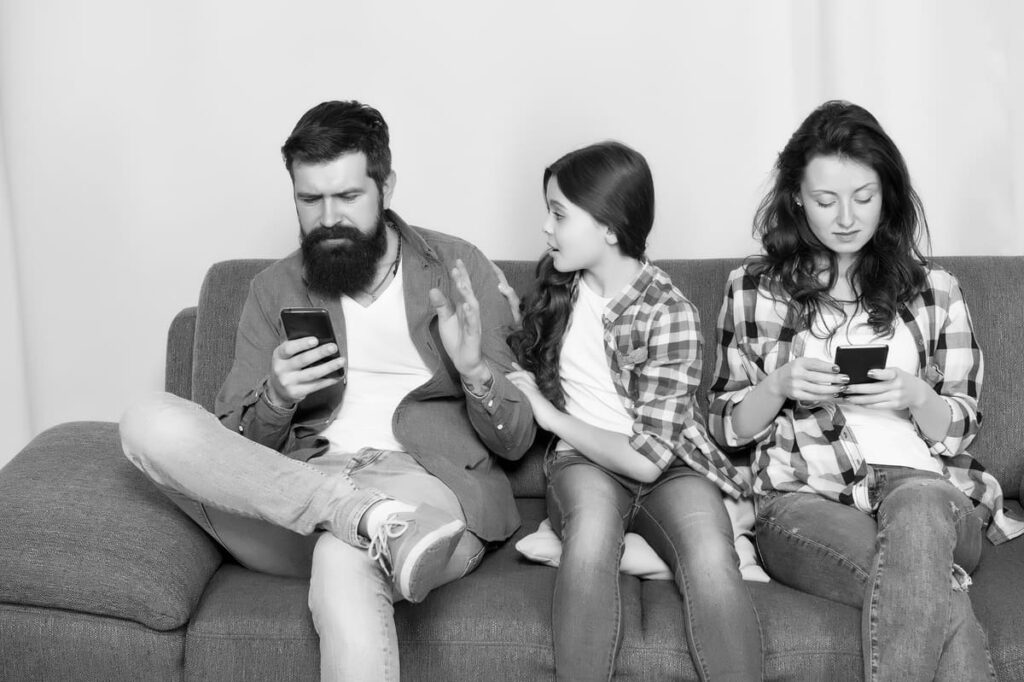
Last week, a bright young software engineer—let’s call him Engineer X—came to me with complaints of anxiety and insomnia. As I inquired about his daily routine, I discovered he spent an average of six hours on social media yet struggled to maintain a five-minute face-to-face conversation without checking his phone.
When I started practising medicine in early 1999, families would come together for consultations, engaging in rich discussions about their loved ones’ health. Today, I often see three generations sitting in my clinic, each lost in their digital world, as disconnected as satellites in orbit. The grandmother watches WhatsApp videos, the mother scrolls through Instagram, and the teenager remains glued to Snapchat – three people in the same room, yet emotionally light-years apart.
Our society’s decline in emotional intelligence (EQ) reminds me of the famous Indian tale of the frog in slowly heating water. Just as the frog fails to notice the gradually increasing temperature until it’s too late, we’ve failed to see how our emotional capabilities have been slowly simmering away in the heat of social media addiction.
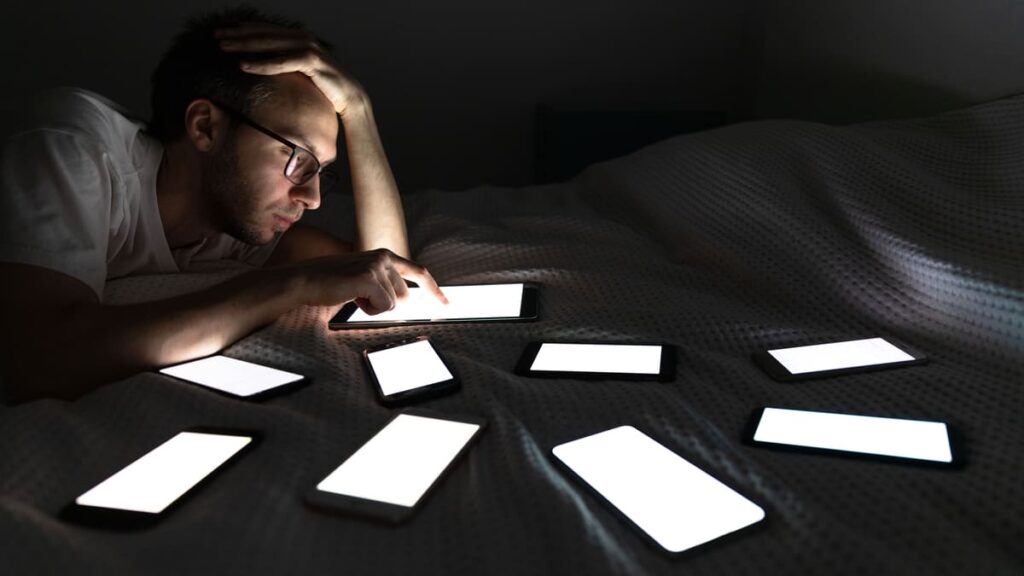
Recent research from the Indian Journal of Psychological Medicine shows a 47% decline in empathy scores among urban Indian youth aged 18-25 compared to similar studies conducted in 2010. The numbers are as stark as the Delhi-Mumbai economic divide, yet we barely discuss this crisis.
In my practice, I’ve observed how this decline manifests in various ways. Young professionals struggle with basic emotional regulation – something our grandparents seemed to master without any formal training. We’ve traded our emotional compass for a GPS that only works online.
Take the case of a recent patient, a successful marketing executive in her thirties. Despite her professional achievements, she found herself unable to maintain meaningful relationships. Her social media profiles showcased a perfect life, but in reality, she struggled with essential emotional connections. “Doctor,” she confessed, “I can handle a social media crisis at work, but I can’t handle a real conversation about feelings with my mother.”
The irony doesn’t escape me – we’re more connected than ever, yet increasingly emotionally isolated. It’s like having a state-of-the-art smartphone with a dying battery; the technology is impressive, but the essential power source is failing.
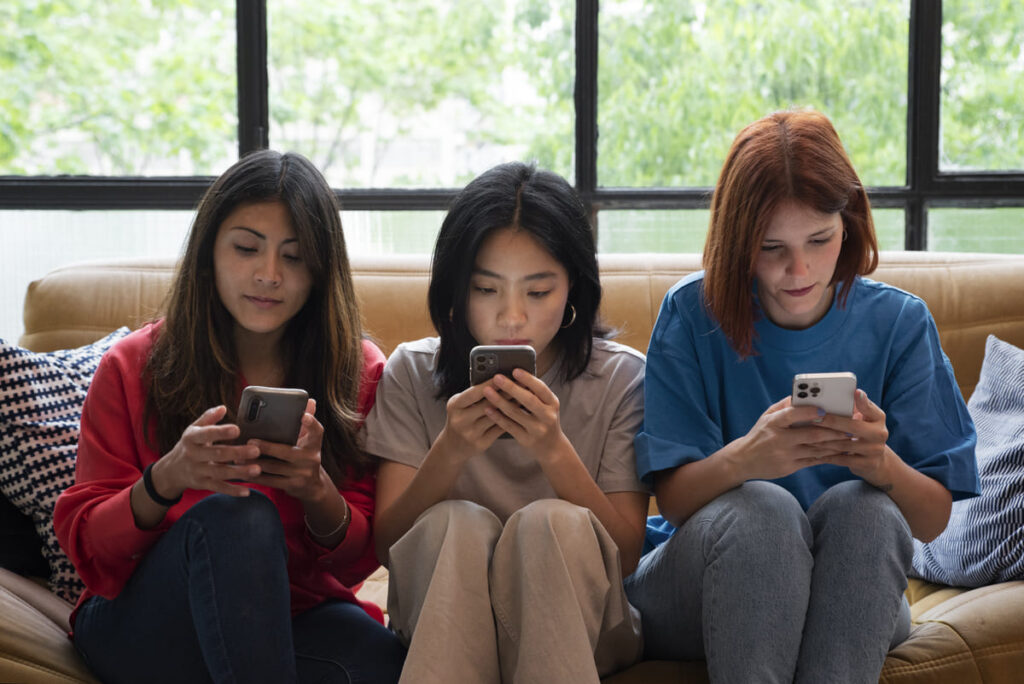
But why is this happening?
First, social media platforms are designed to trigger quick dopamine hits – those little bursts of pleasure we get from likes and comments. This constant pursuit of digital validation is like emotional junk food – instantly satisfying but nutritionally empty. We’re training our brains to prefer these quick fixes over the slower, more meaningful process of building real emotional connections.
A recent study by AIIMS Delhi found that medical students who spent more than four hours daily on social media showed significantly lower scores in emotional recognition tests than their peers who spent less time online. It’s as if we’re developing emotional myopia – becoming increasingly shortsighted in reading emotional cues.
The problem is particularly acute in India, where we’re witnessing a curious paradox. Our culture, rich in emotional wisdom and social connections, is rapidly being replaced by a digital facsimile of human interaction. Traditional family gatherings, once a cornerstone of emotional learning, are now reduced to WhatsApp group chats and emoji responses.
I remember treating a teenager who could expertly navigate complex social media dynamics but broke down when faced with the simple task of consoling a friend who had lost a pet. Her emotional vocabulary was limited to likes and sad face emojis – a limitation concerning any physical ailment I treat.
But it’s not all doom and scrolling. As a doctor, I believe in both diagnosis and treatment. The good news is that emotional intelligence, like any other form of intelligence, can be cultivated and recovered. It’s like muscle memory – we can rebuild our emotional strength with proper exercise and attention.
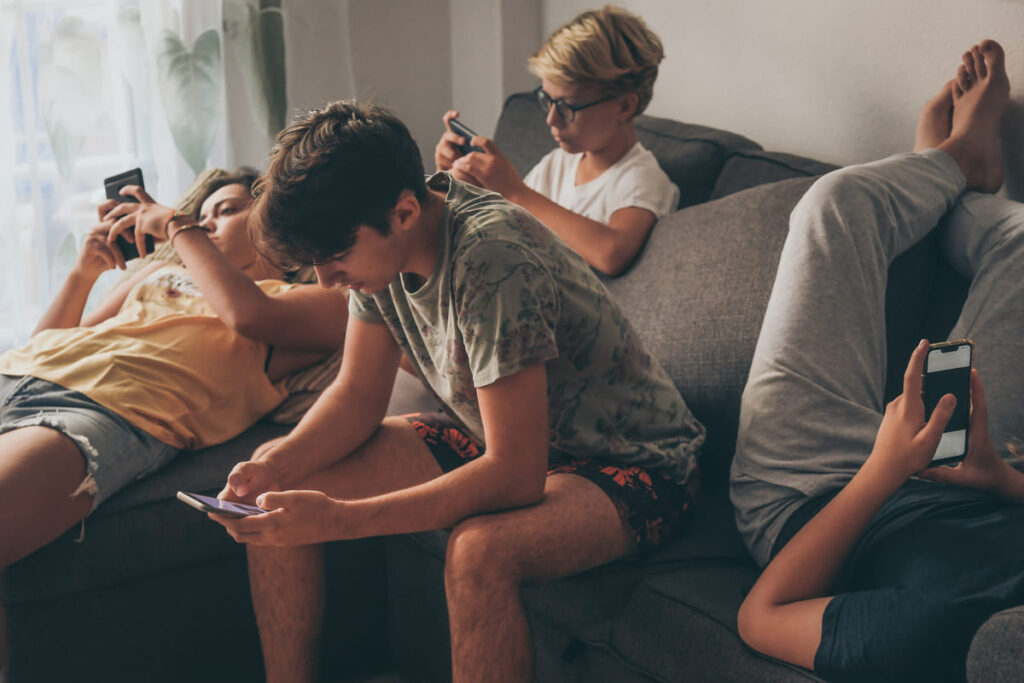
In my practice, I’ve started prescribing what I call “digital detox therapy” – structured periods of offline interaction combined with mindful emotional awareness exercises. The results have been remarkable, like watching a wilted plant spring back to life with proper care.
One of my patients, a young teacher, took up this challenge. After reducing her social media usage and participating in regular face-to-face social activities, she reported significantly improving her ability to connect with her students. “I can finally read their faces better than I could read their emoji reactions,” she said with a smile.
Research from the National Institute of Mental Health and Neurosciences (NIMHANS) supports these observations. Their 2023 study showed that individuals who underwent a structured digital detox program demonstrated a 35% improvement in emotional recognition and empathy scores within three months.
The solution lies in finding a balance—as delicate as maintaining blood pressure. We need to embrace technology without letting it embrace us too tightly. It’s about using social media as a tool for connection, not a replacement for it.
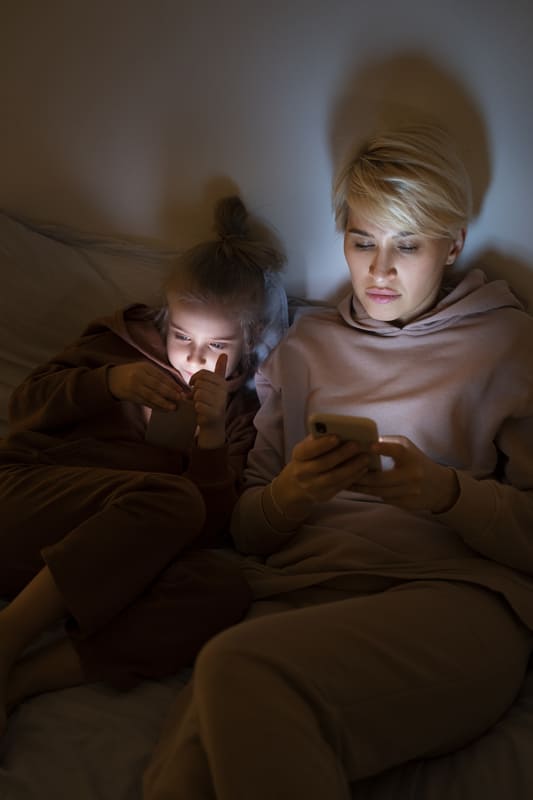
Listen: Emotional intelligence isn’t corporate jargon—it’s measurable science. The Mayer-Salovey-Caruso test tracks our ability to read emotions and solve human puzzles. The data is alarming: In 2005, people could hold focused conversations for 12 minutes. By 2015, it was 3 minutes. Today? 47 seconds.
Some spend 8 hours daily consuming screens – that’s 5,000 hours yearly watching life instead of living it. While TikTok trends flash and Instagram filters mask reality, our ability to connect withers. But here’s the truth: Emotional intelligence isn’t dead, just dormant. Every face-to-face conversation, every moment of shared laughter or pain, rewires our brains for connection.
The solution? One hour daily: Phone off, human on. Do this for a month. Your empathy will strengthen, and your emotional vocabulary will expand beyond likes and emojis. Because while Netflix can predict your next binge, it can’t teach you to hold someone crying. Choose real connection – it’s still our superpower.

